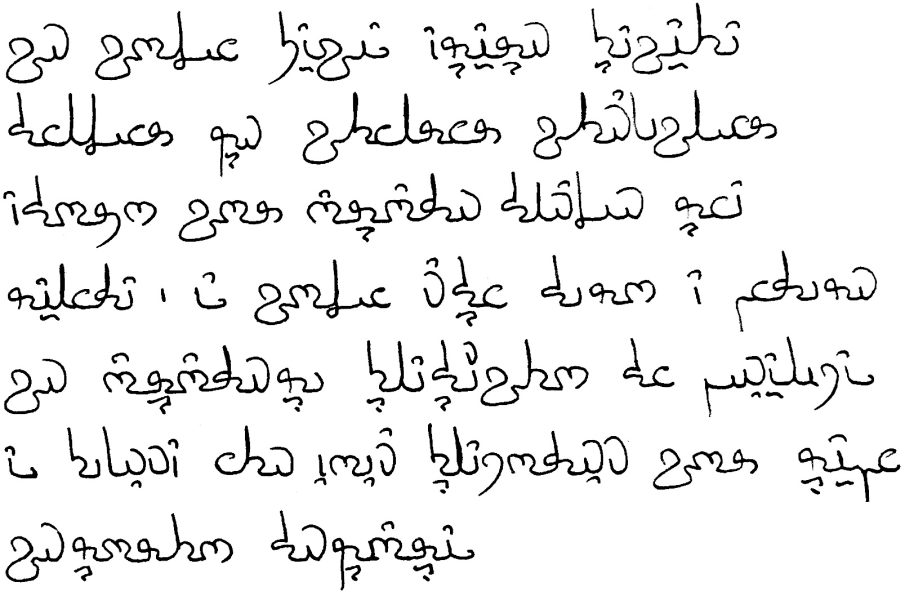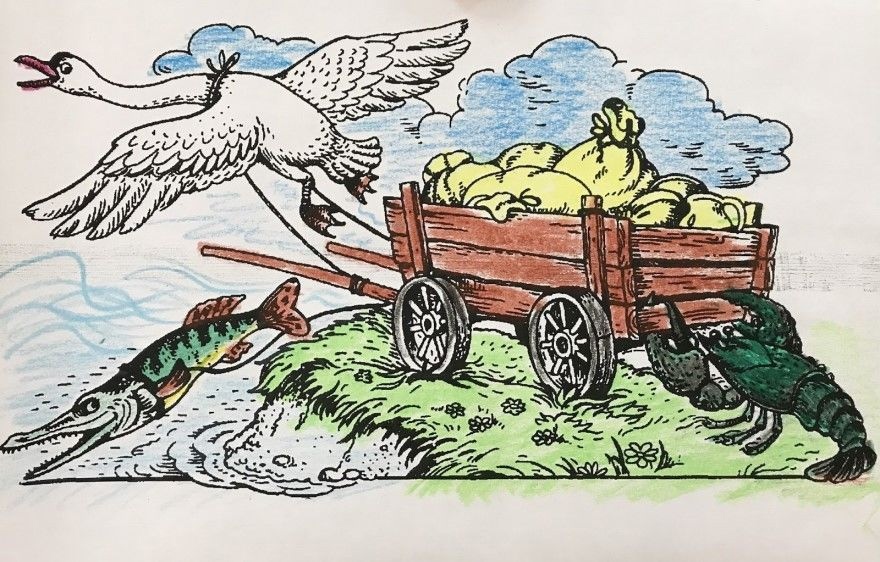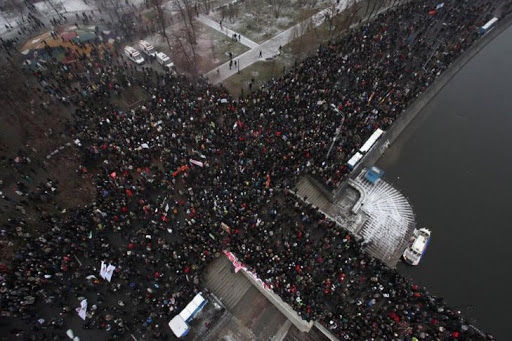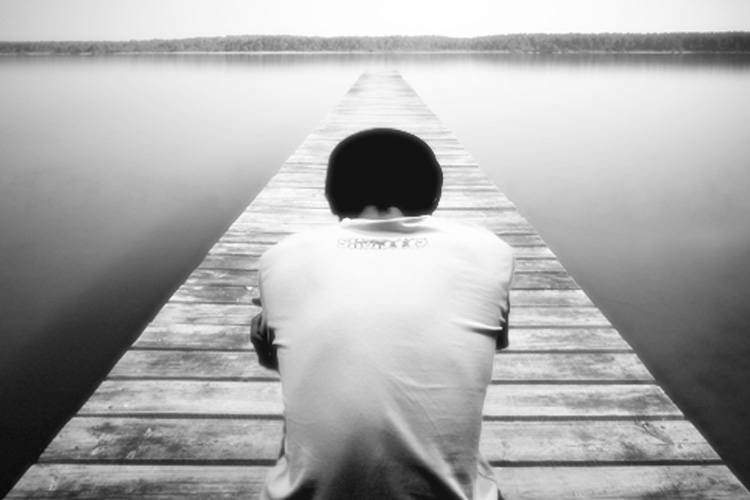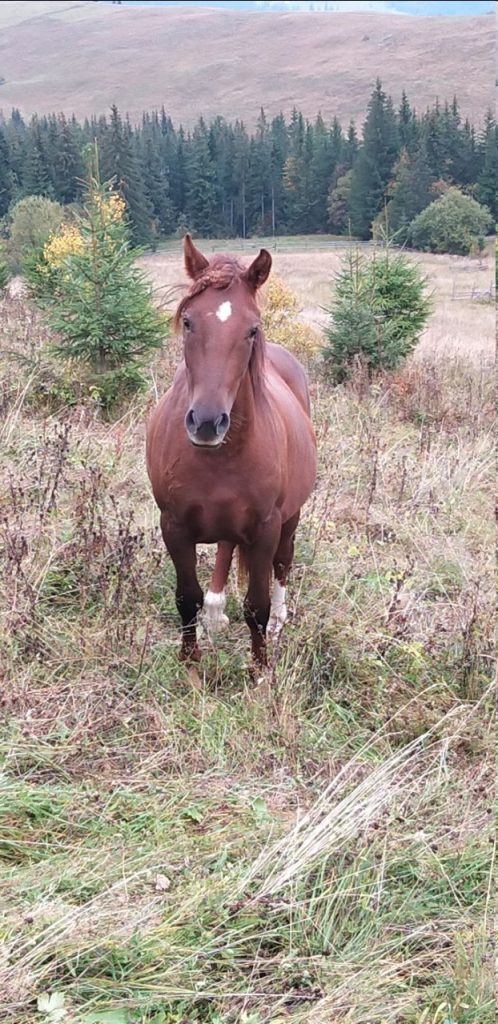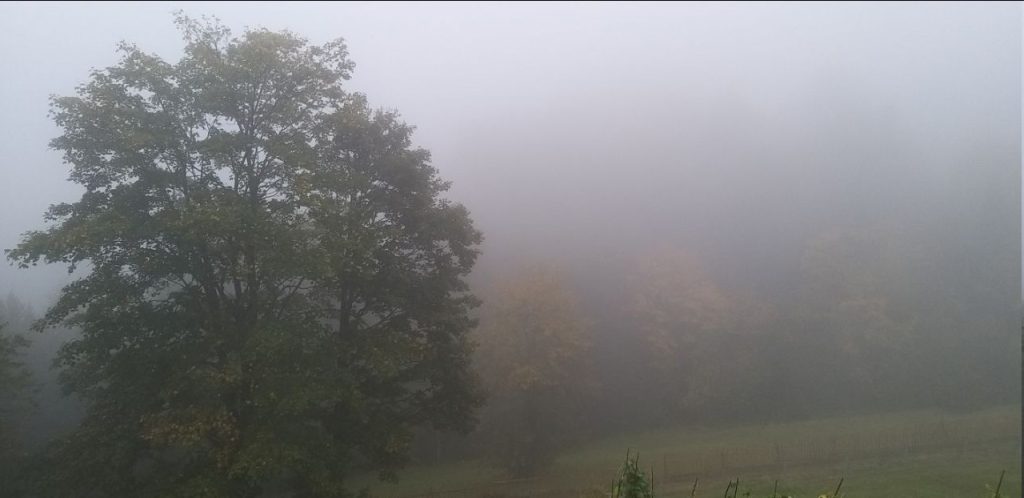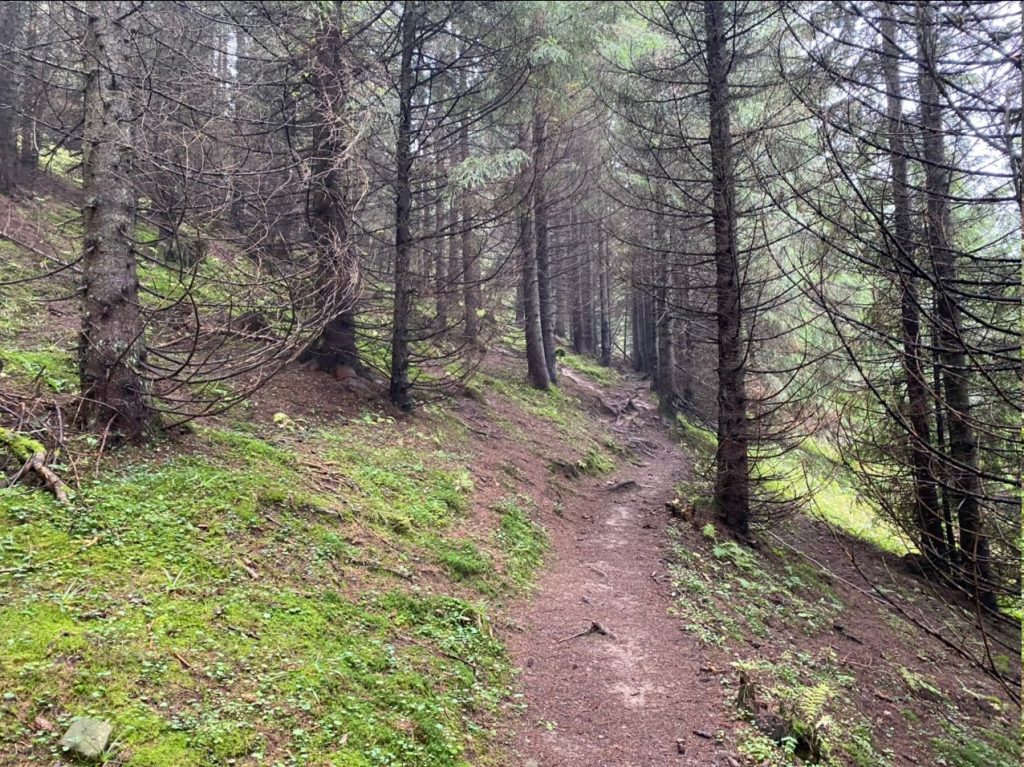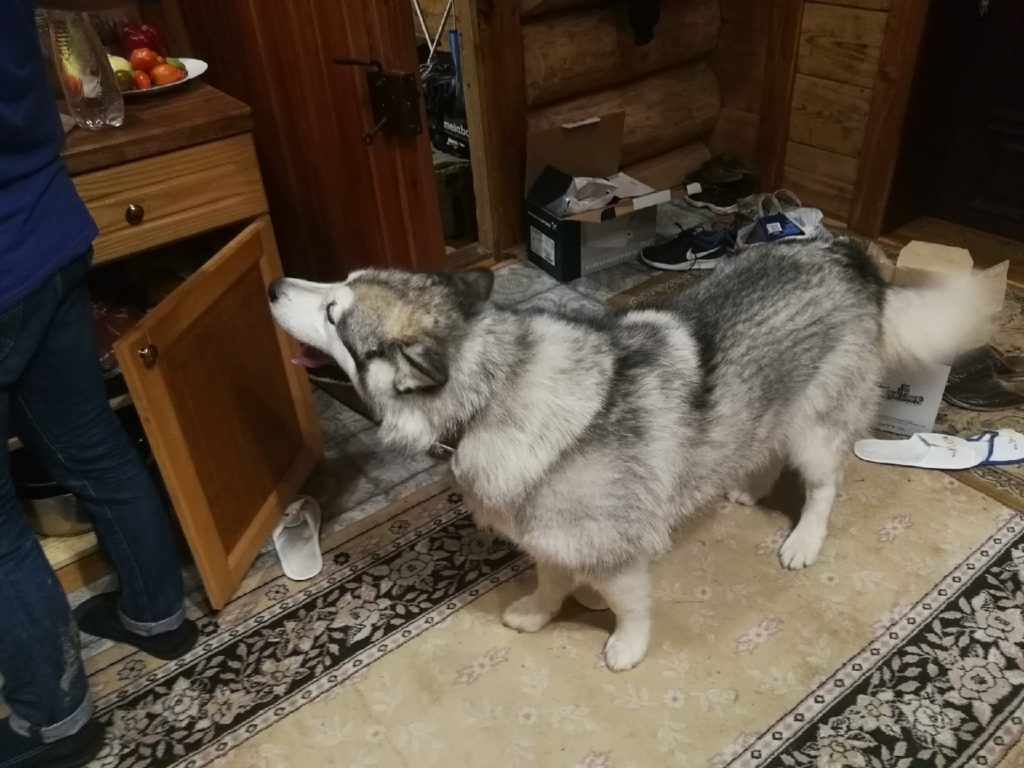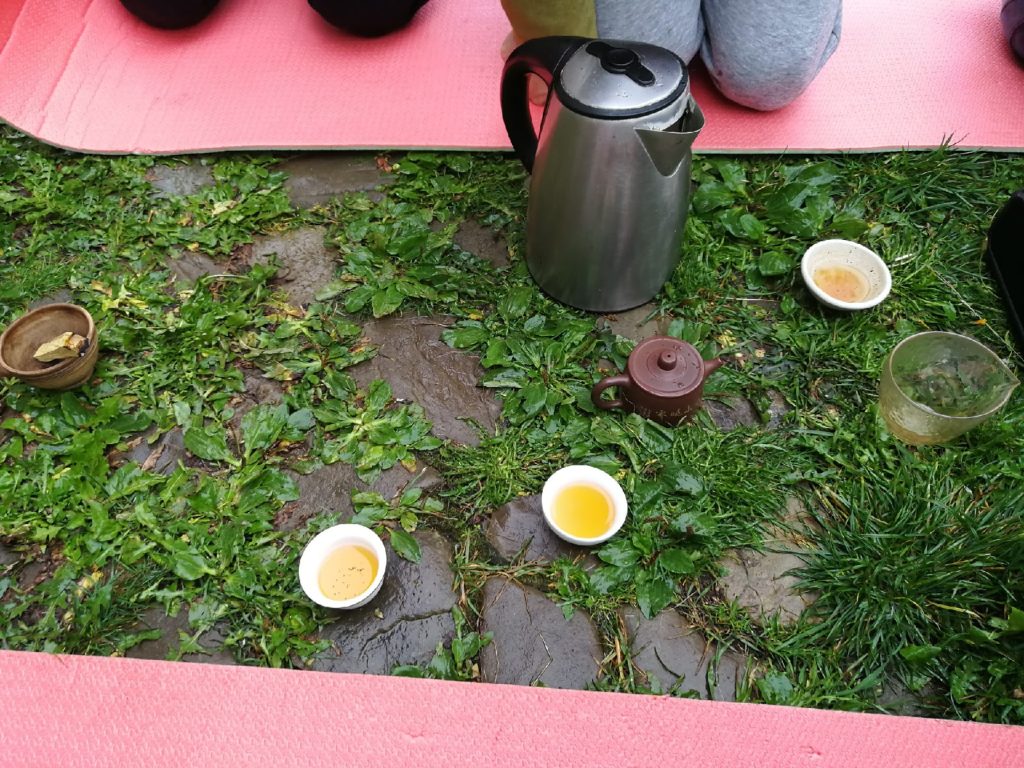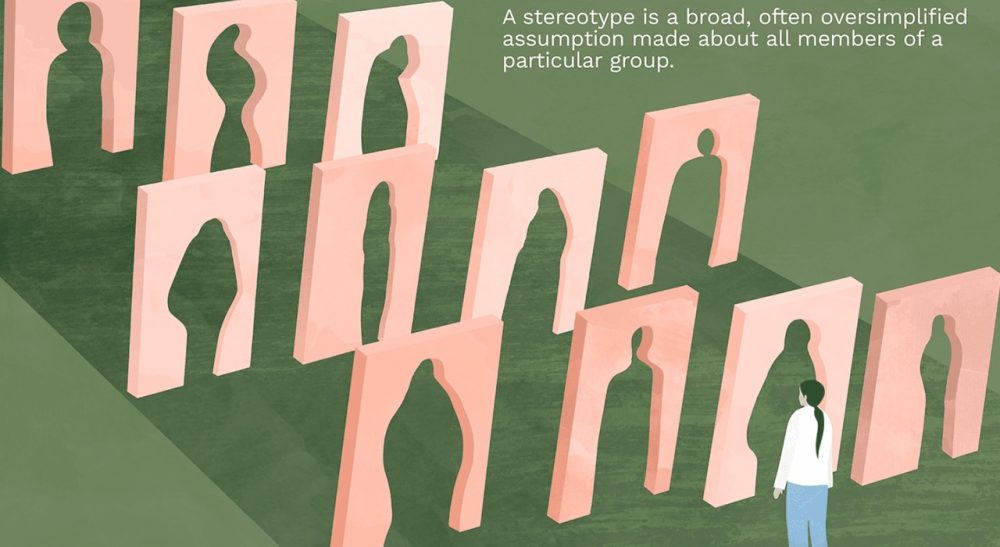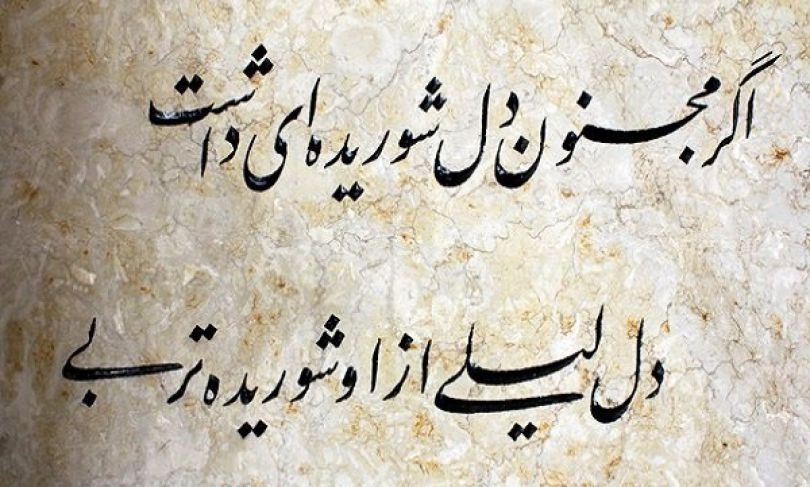Today is a memorable date, the day of the end of the so-called Sleeve War, which lasted exactly four days. A very funny historical incident and one of the most idiotic conflicts in the history of Christianity.
Christianity, when it came to Hellenic lands, was accepted very quickly, and because of this it came under the strong influence of the already developed culture. Hellenic culture, as is known, is based on two pillars: pederasty and the cult of physical health/beauty. If Christianity quickly condemned the first, the second, on the contrary, very organically merged with it. It is due to this that the priestly vestments of that time (and ours - in most confessions) do not have sleeves: the priest must show the flock an example of health and strength.
However, in the second half of the fourth century AD, a certain man named Theoktistos of Fedes lived in the city of Fedes. He was a famous ascetic and a zealot of traditional moral norms - in particular, he very long and tediously condemned the exposure of certain parts of the body, especially in women. There is an opinion that he had problems with the male part, but we will omit this.
When he became Bishop of Fedes, the first thing he did was to make sleeves mandatory for priestly vestments. Other bishops were rightly outraged by such arbitrariness and began a long and lively debate. And while the church leaders were debating, the masses decided to settle the matter simply: by beating each other's faces in. It so happened that Theoktistos' most ardent opponent in the dispute was Euthymius the Joyful, who, ironically, was born in the same city as Theoktistos - Dicella, the current capital of Hellas. As a result, a whole civil riot broke out in Dicella, which lasted for four whole days until it was finally calmed down.
Theoktist eventually lost the argument, they didn't sew the sleeves to the cassocks and everything ended well. Well, except for those who had their teeth knocked out with truncheons. Religious extremism is so religious.


